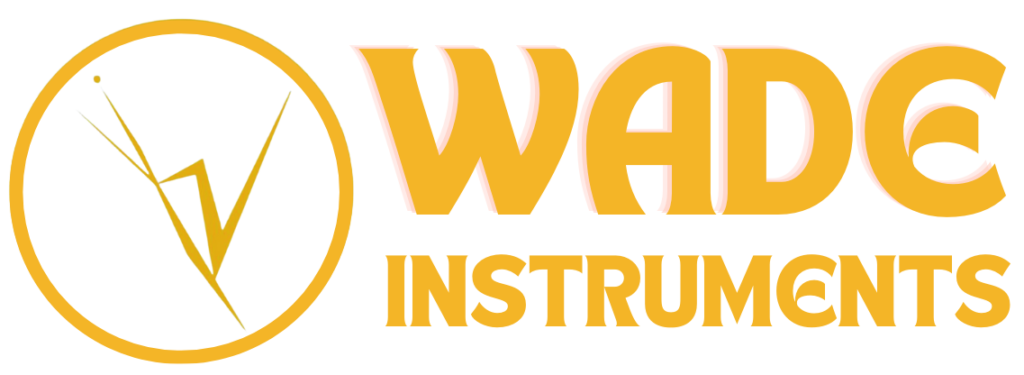FAQs
Frequently Asked Questions
How many variations of surgical instruments exist?
There is a vast array of over 5000+ types of surgical instruments, ranging from simple single-piece instruments to more intricate retractors, each designed for specific surgical purposes. These instruments come in various lengths and shapes, including straight and curved designs.
What categories do surgical instruments fall into?
Surgical Holdings offers several classes of surgical instruments, featuring well-known brands. The most common classes include:
– Artery forceps: Spencer Wells, Crile, Halstead, Heiss, Cairns, Adsons, Dunhill, Moynihan, Lawson Tait, Roberts, Fraser Kelly, Rochester Pean.
– Dissecting forceps: Waugh, Adsons, Dunhill, Gillies, Jeans, Mcindoe, Treves, Jackson Burrows.
– Tissue forceps: Allis, Littlewood, Babcock, Duval, Lanes, Rutherford Morrison, Shaw.
– Clamps: Blalock, Dieffenbach, Debakey, Satinsky, Derra, Cooley.
– Retractors: Travers, West, Goligher, Miles, Pozzi, Gelpi, Collin, Berkeley, Gossett’s, Jol, Balfour, Norfolk & Norwich, Irwin, Kocher, Weitlander, Volkmann.
– Scissors: Littler, Kilner, Mayo, Mayo Harrington, Metzenbaum, Boyd, Heath, Strabismus, Fergussons, Thomas Strabismus.
– Needle holders: Mayo-Hegar, Derf, Halsey, Macphail’s, Mathieu, Rochester Mayo, Kilner, Bruce Clarkes, Crile Wood, Lawrence, Norton Morgan.
– Towel clips: Spring, Jones, Shardles, Backhaus, Moynihan, Ball and Socket.
– Dissectors and probes: Macdonald, Brodie, Watson Cheyne, Jobson Horne.
What materials are used to manufacture surgical instruments?
Most surgical instruments are crafted from stainless steel. In the past, carbon steel was used and plated, but this method was less ideal as the plating could flake off.
How are surgical instruments named?
The nomenclature of surgical instruments is typically defined by the instrument’s inventor, the location of use, and its type. For example, the Spencer Wells Artery Forceps is named after the inventor Spencer Wells, the location of use (artery), and the type (forceps).
What is the most effective way to reprocess surgical instruments?
It is advisable to follow the manufacturer’s guidance and local protocols, such as HTM 01-01, for the proper reprocessing of surgical instruments.
Is there a specific type of surgical steel for instruments?
No, surgical instruments are typically made from stainless steel, with the 420 range being most suitable for surgical use (BS 5194).
Why do surgical instruments sometimes rust?
Surgical instruments, made from stainless steel containing iron and carbon, can rust if left wet. Various factors such as blood/bioburden, washing chemistries, sterilizing steam quality, washing water quality, and instrument passivation can contribute to rusting.
Are there concerns with laser marking surgical instruments?
Yes, caution is advised. Laser marking can expose free iron, and if not oxidized before washing, the instruments may show signs of rust. It is recommended to seek advice from organizations like ABHI or the instrument company.
What distinguishes bipolar from monopolar instruments?
Bipolar and monopolar instruments differ significantly. Monopolar instruments pass current through the patient, using a return pad and posing a higher risk of burns. In contrast, bipolar instruments use less energy, creating a circuit only when the instruments touch. Bipolar instruments are generally used in more delicate procedures, while both types connect to a power source.


